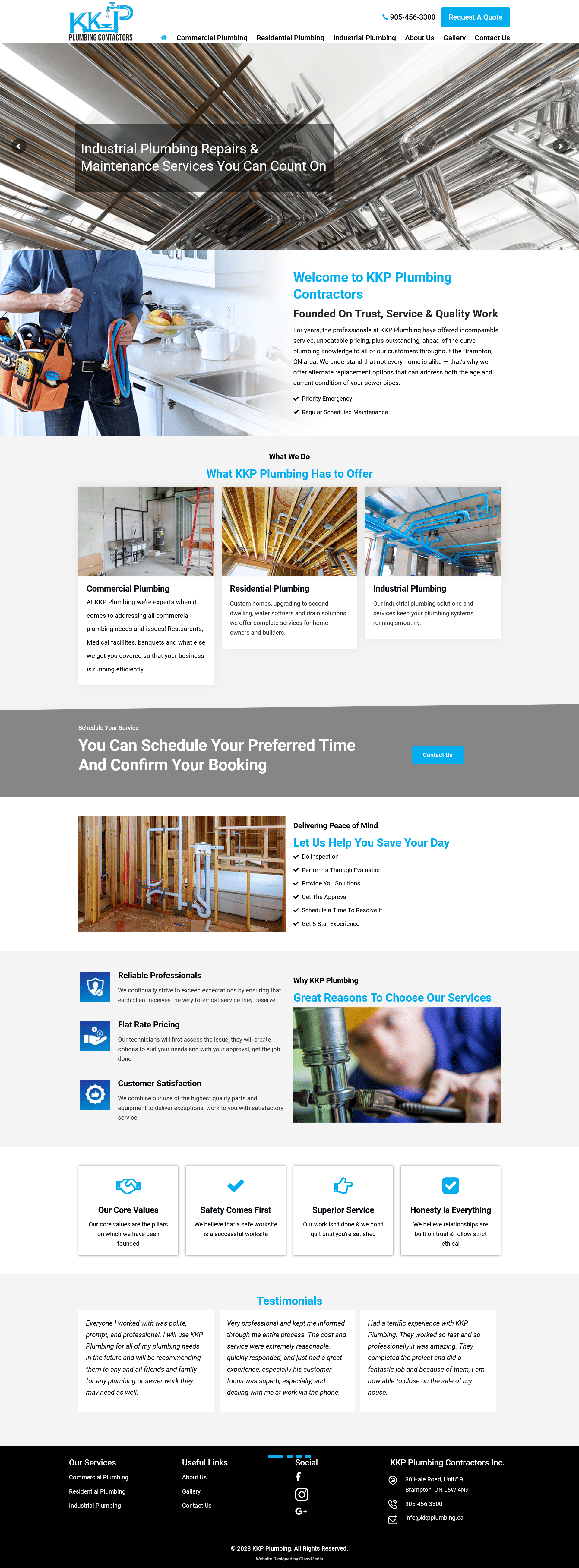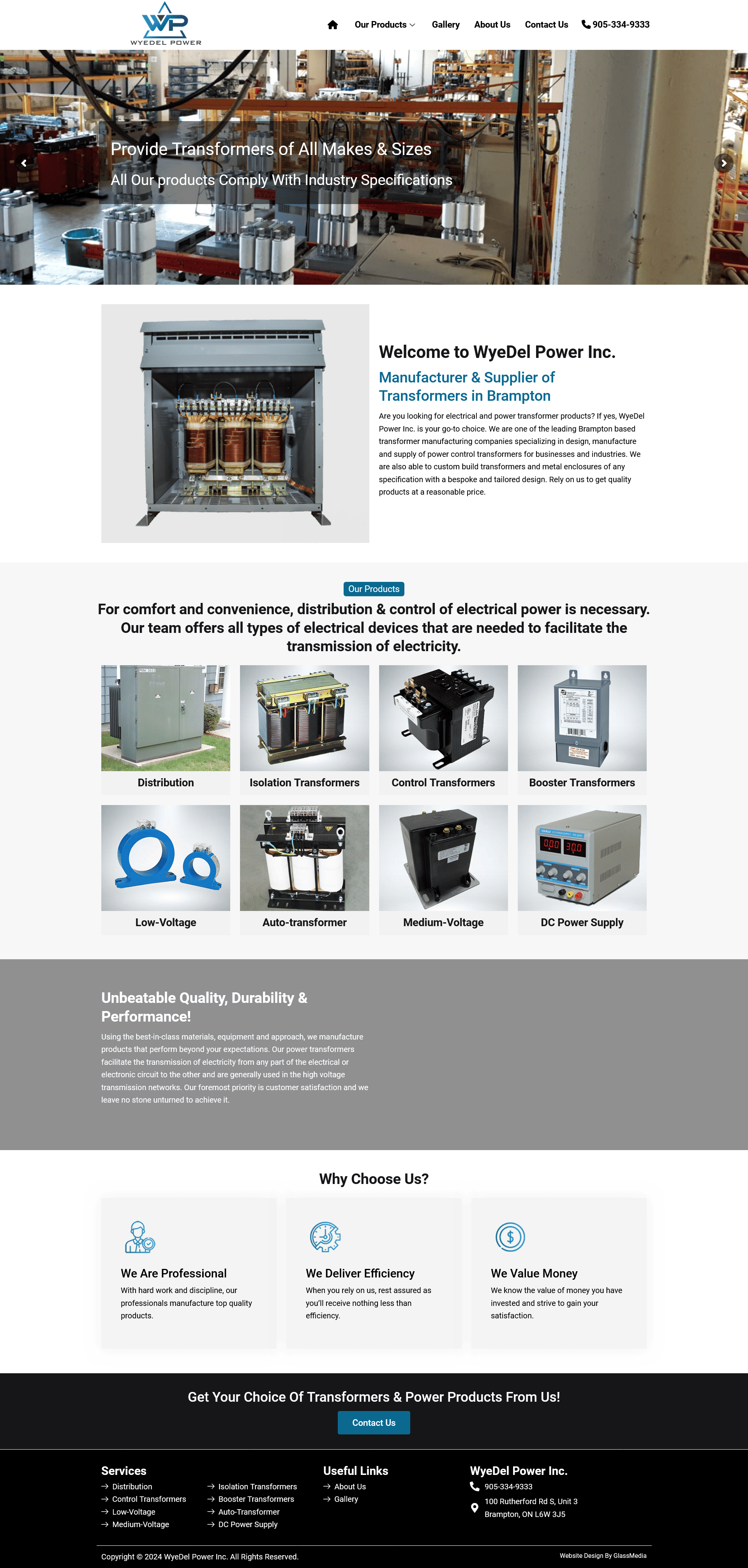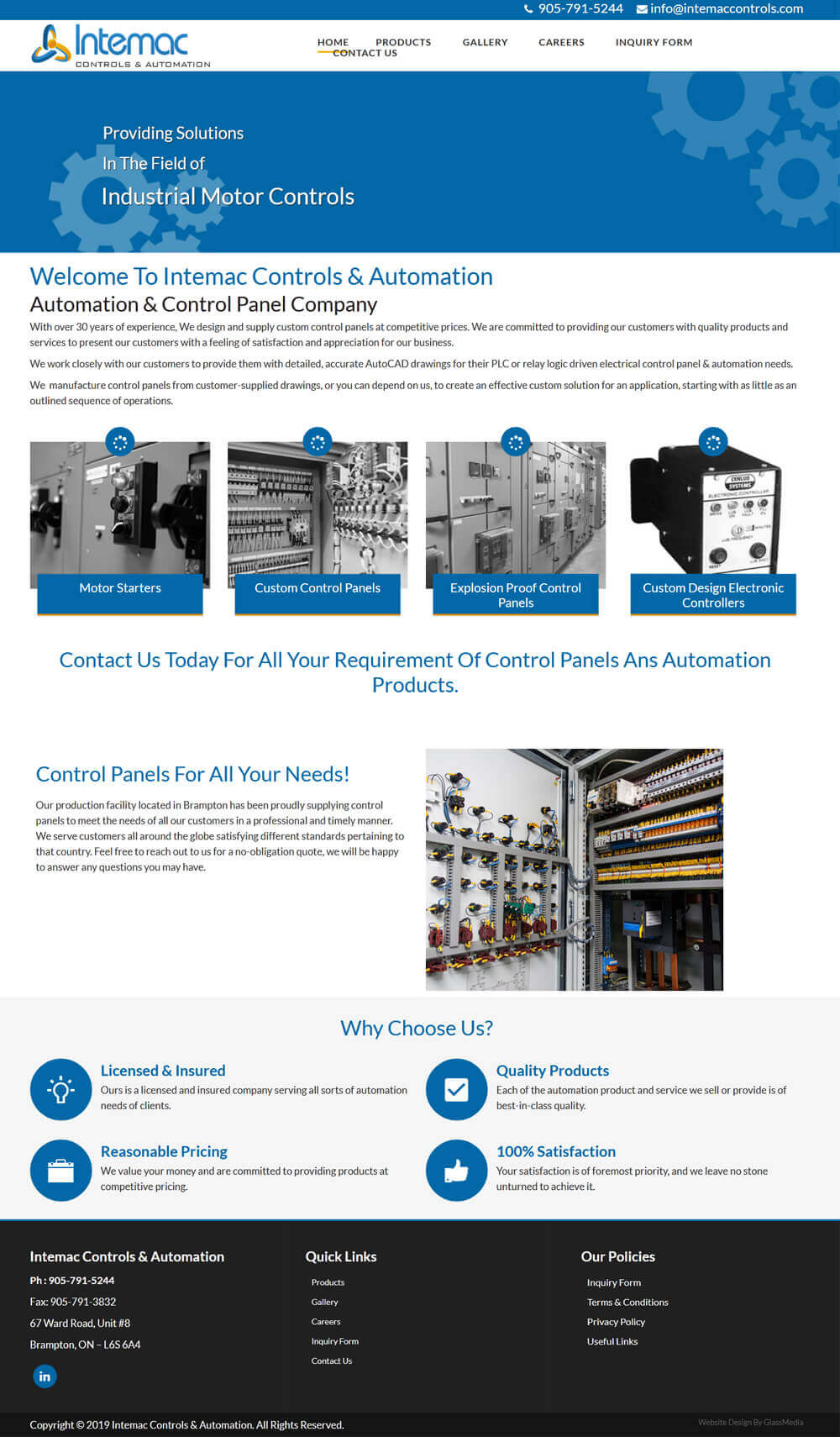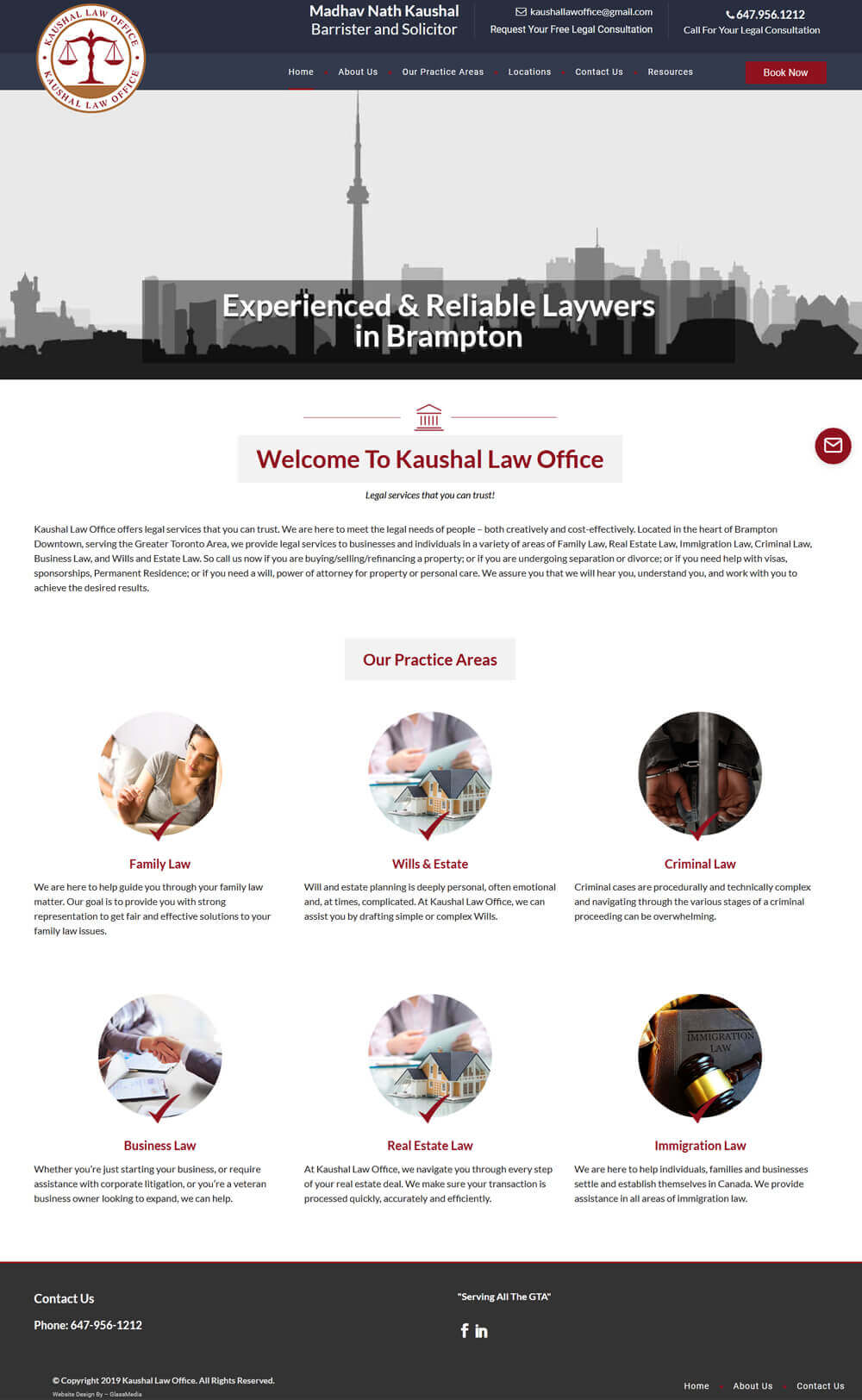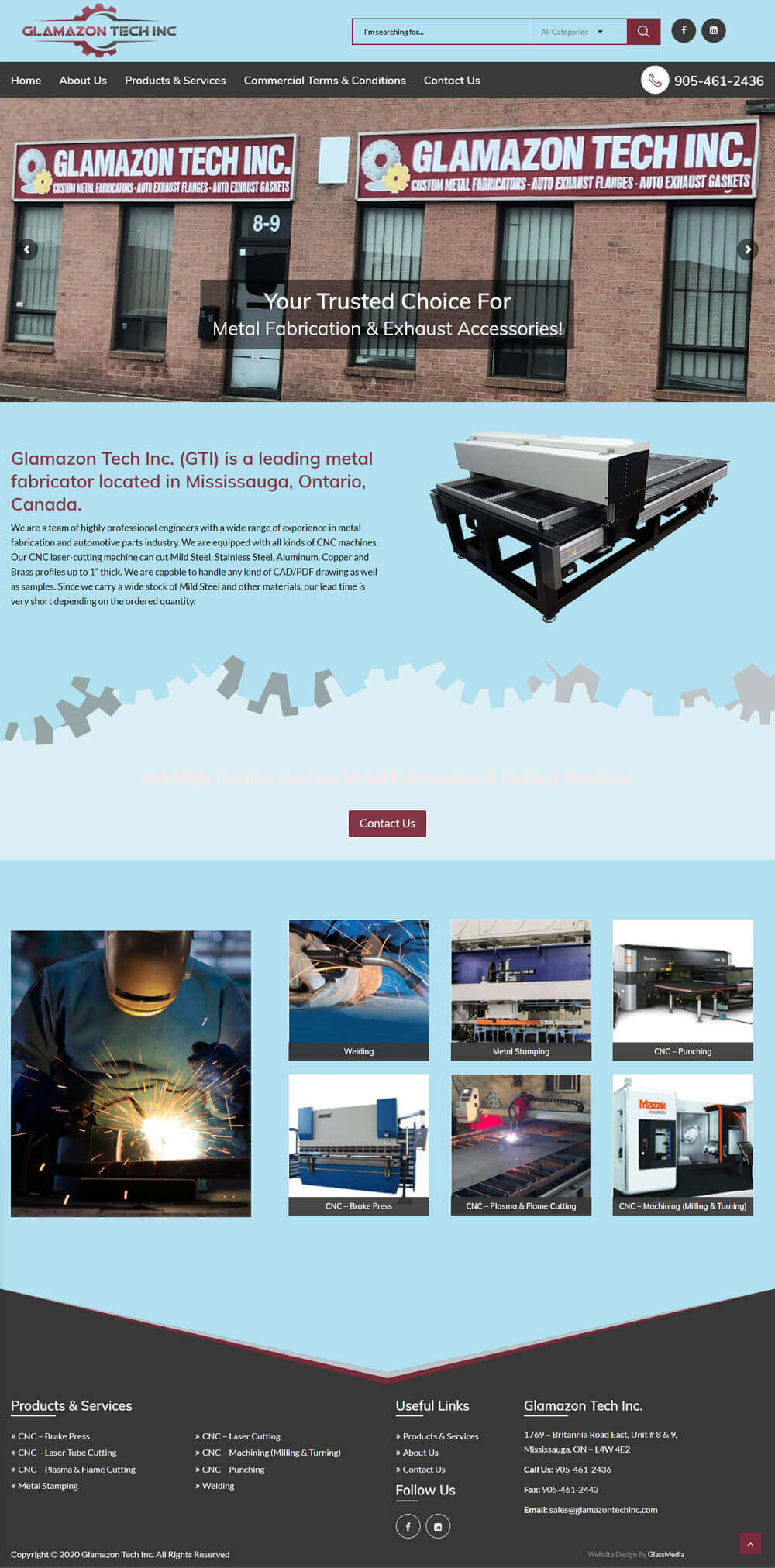In the competitive digital landscape, we all find ourselves trying to grow our online profiles and attract more customers. The two biggest reasons for this can be attributed to Search Engine Optimization (SEO) and Search Engine Marketing (SEM). Both are tactics to help your site show up more frequently in search engine results, but they do so through different pathways. So, how do you determine which approach is best for your business?
This blog will help demystify SEO and SEM and teach you the differences between the two, helping you decide which approach is best for your business goals.

What is SEO?
SEO (Search Engine Optimization) is optimizing your website so it ranks higher in search engine results. This includes optimizing different parts of your website, such as content, user experience, and backlinks, to rank higher on search engines like Google and Bing.
Key Benefits of SEO:
Affordable: There are many merits to implementing SEO for your small business. Quality Traffic: It’s budget-friendly for all businesses. It focuses on your prospects’ searches for your products or services.
Long-Term Results: You can get long-term results by investing time and effort in SEO. You must also remember that a high-ranking page can get you organic traffic for months — or years — without any further investment.
Credibility and Trust: Users generally trust organic search results more than paid search ads. When your business ranks higher, it instantly gains credibility and authority.
Excellent User Experience: SEO is not all about keywords. It also means enhancing user experience with a responsive user interface, faster load times, and mobile-friendly design, which can further increase your conversion rate.
Challenges of SEO:
It is time-consuming: SEO takes time, and many professionals may work for many months before you begin to see the measurable impact of their labor. Patience is essential.
Needs Continuous Upkeep: You need to monitor search engines’ ever-changing updates. Remember to improve your website continuously to maintain or boost rankings.
What is SEM?
SEM—Although related to SEO, SEM (search engine marketing) is all about paid advertising, such as pay-per-click (PPC) on platforms like Google Ads. With SEM, you can pay to have your ads appear at the top of search engine results, providing you with instant visibility.
Key Benefits of SEM:
Instantaneous Results: Unlike SEO, which requires weeks or sometimes even months to see results, SEM shows immediate results and traffic from the moment your campaign goes live. This makes it perfect for short-term objectives or time-based offers.
Laser Targeted: SEM targets the ideal customers at the perfect time. It also takes into account factors like location, demographics, and user behavior to reach the target audience.
Flexible Budgeting: With SEM, you can manage your ad spend according to your own budget. You only pay when someone clicks on your ad, so the investment can be more controlled.
Performance Monitoring: With SEM, you can easily monitor how your ad performs and optimize your strategy on the go.
Challenges of SEM:
Cost: SEM can become costly as clicks may be worth several dollars. You pay once, and then when you stop paying, you become invisible.
Short-term impact: SEM can help you bring in a quick hit, but the benefits end when you stop paying for ads. It’s not a long-term play, like having visibility every month as you would with SEO.
When to Choose SEO
SEO is the way to go if you want to see long-term results and sustainable growth. Organic search results allow your business to gain credibility and trust without spending much money. Once you rank on your site, you can get exposure for pennies. It can help enhance overall user experience and search engine practices as well.
When to Choose SEM
SEM should be used if you are willing to pay to play and need immediate results, not if you are trying to generate traffic for free. It is excellent news for product launches, seasonal sales, and any time-sensitive promotion. If you are in a highly competitive market, it will help you cut through the competition and get you on that first rank. If you have a little more flexibility in your budget and the ability to track ROI / KPI, then SEM is a fast and effective way of getting traffic.
Do SEO And SEM Work Together?
Yes! Most companies will combine the two to optimize their online presence. This is known as “integrated search marketing,” and it allows you to leverage SEM for quick traffic gains while also building a long-term, sustainable presence with SEO.
If you still have questions about SEO and SEM or which approach will best meet your business goals, contact GlassMedia’s social media marketer to find out more.








